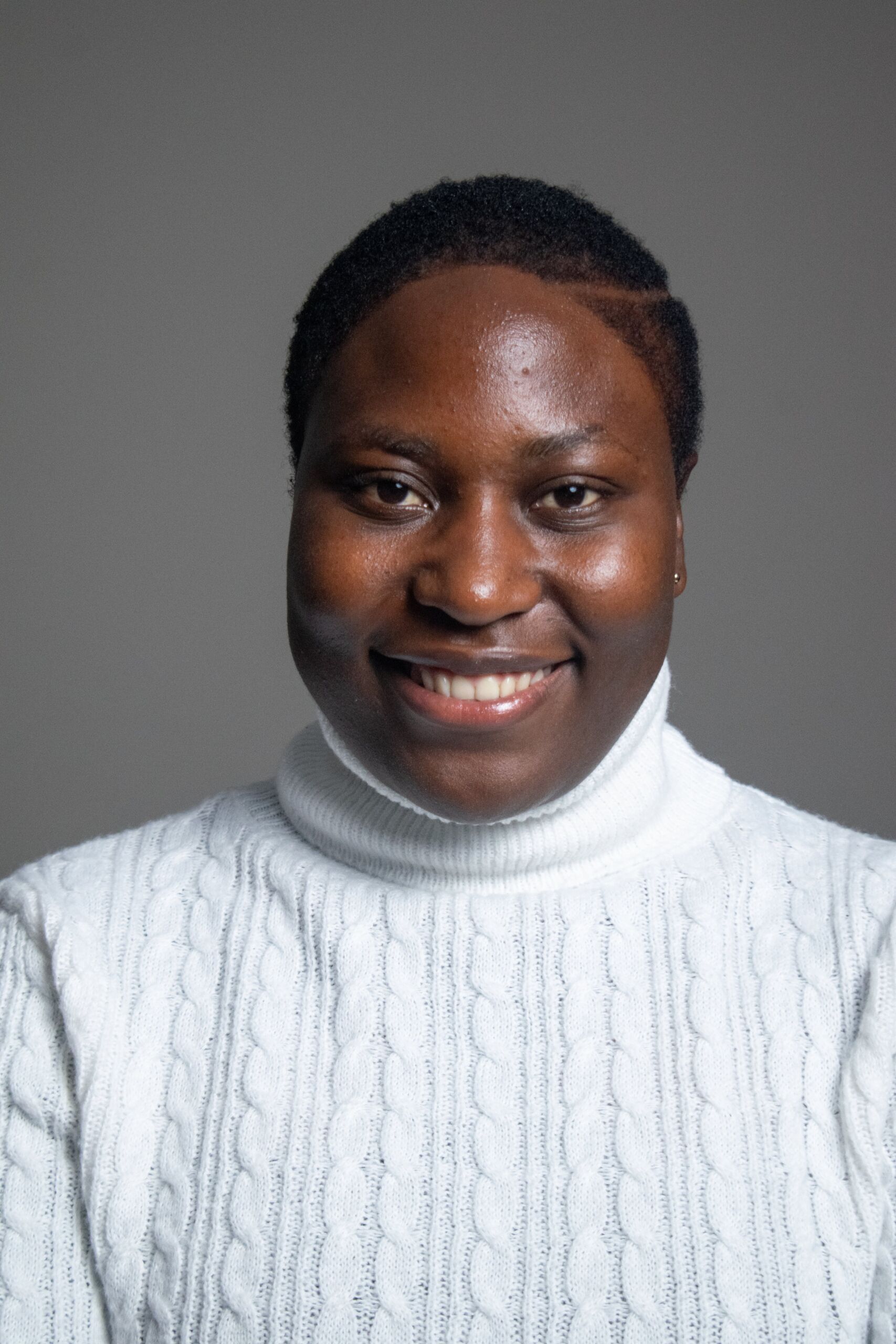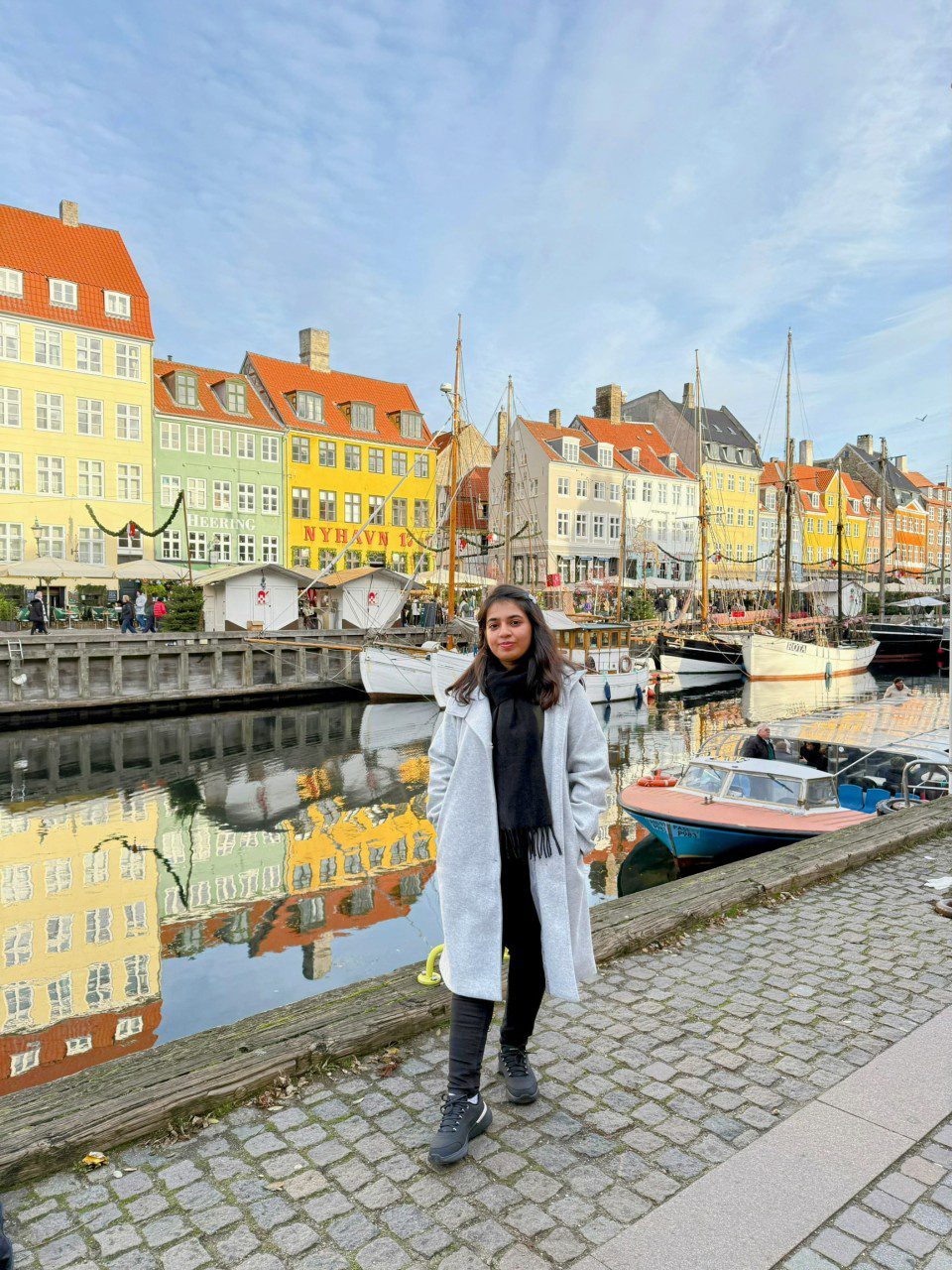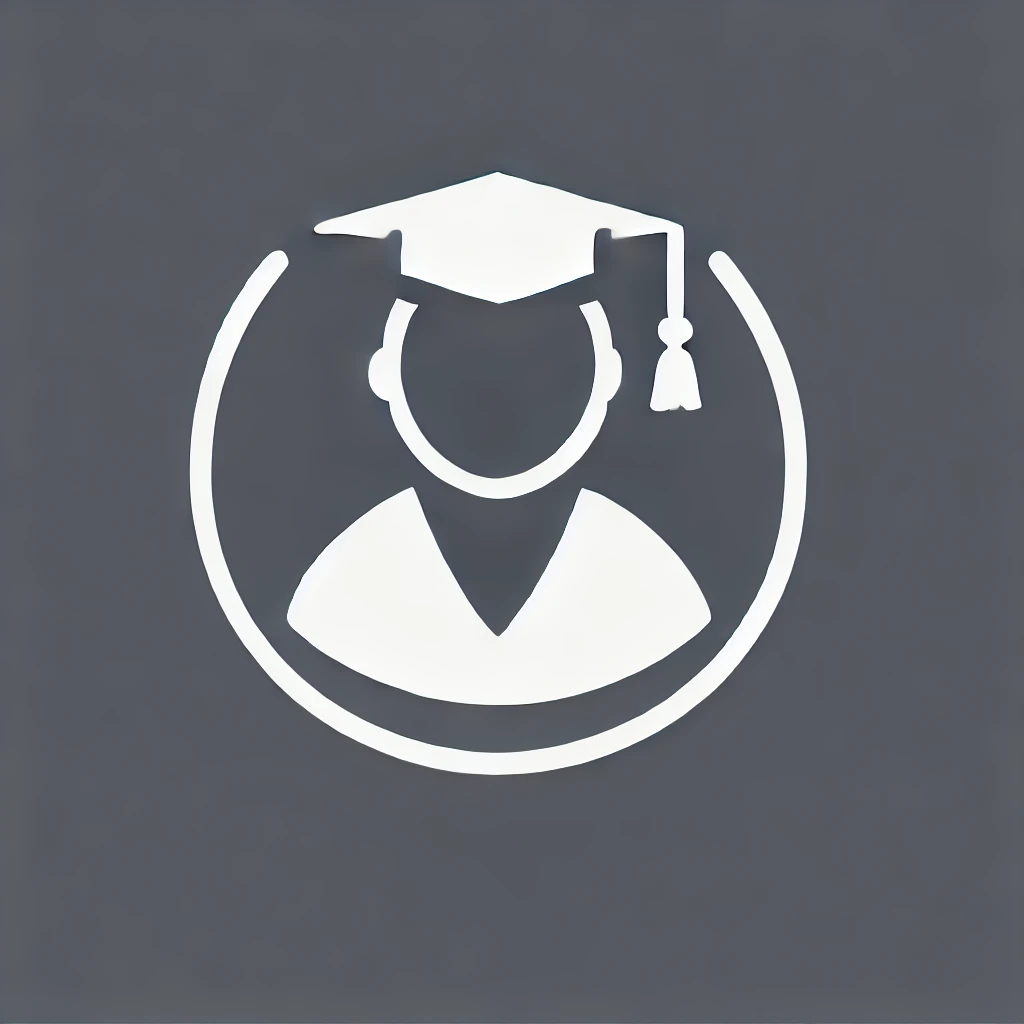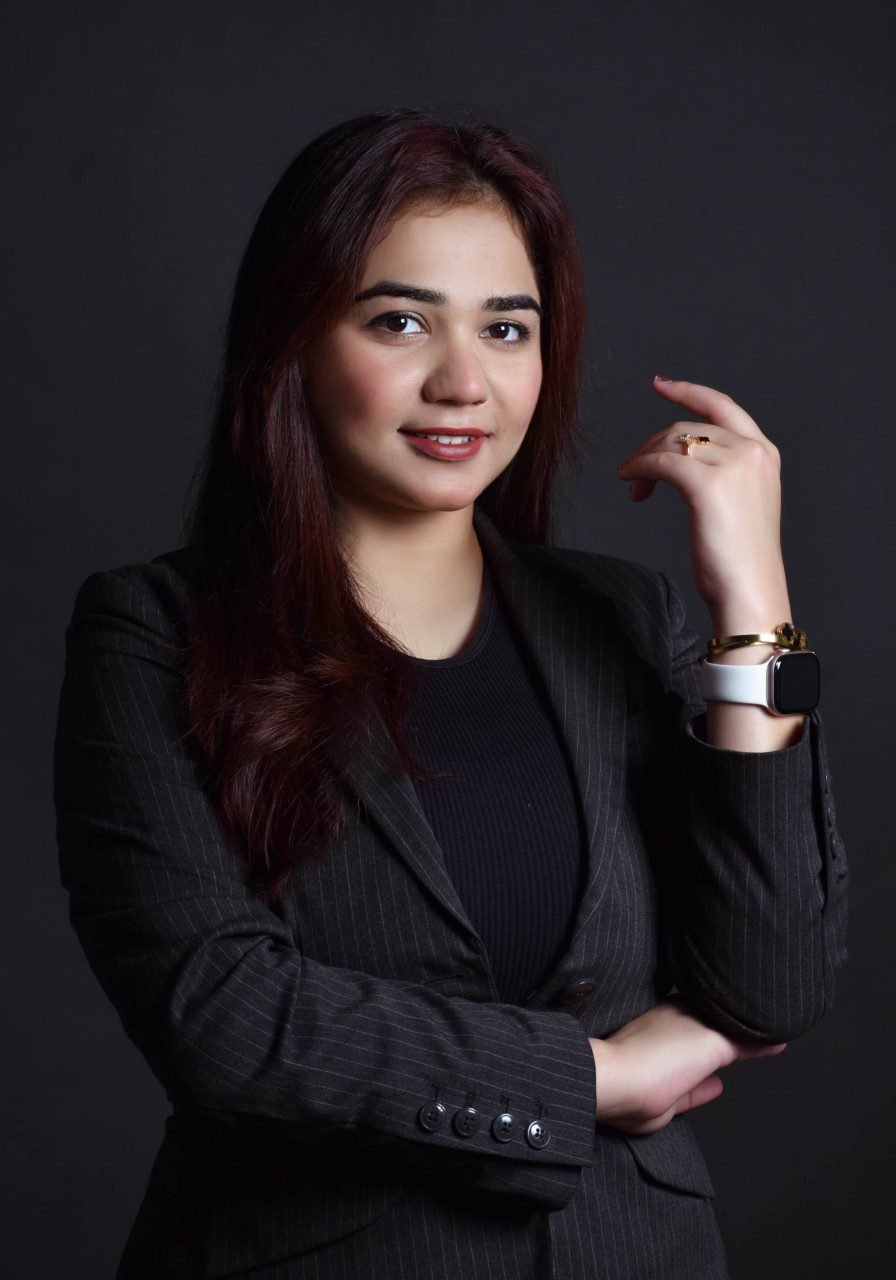Cameroonian Scholar Awarded the Fully Funded Mastercard Foundation Scholarship to Pursue MSc in Food Security at the University of Edinburgh
University: University of Edinburgh
Degree: MSc in Food Security
Previous Education: B.Eng. in Agricultural Engineering, University of Bamenda, Cameroon
Scholarship: Mastercard Foundation Scholars Program – Fully Funded
Social Media:
LinkedIn: linkedin.com/in/kengranliza/

The Journey
My name is Kengran Liza Vernyuy. I am from Cameroon and was raised by a single mother. Due to the political conflicts in the country, we have been internally displaced since 2016 and faced a lot of financial hardships along the way.
I earned a B.Eng. in Agricultural Engineering from the University of Bamenda in 2021 with a GPA of 3.43/4. During my studies, I focused on solving postharvest losses, a major issue in rural agriculture, by designing and fabricating a food dehydrator as my dissertation project.
This experience exposed me to the broader systemic issues affecting food availability and access, especially in conflict-affected and rural communities. I realized that improving technology alone wasn’t enough; addressing food insecurity required a deeper understanding of food systems, policies, sustainability, and resilience. That’s why I decided to pursue an MSc in Food Security at the University of Edinburgh: to gain the skills and knowledge needed to design and implement effective solutions for lasting impact.
Mastercard Foundation Scholars Program Details
I was awarded the Mastercard Foundation Scholars Program Scholarship to pursue an MSc in Food Security at the University of Edinburgh. This prestigious and highly competitive scholarship is fully funded, covering tuition, accommodation, books, and other academic materials. It also provides comprehensive support, including round-trip airfare, visa fees, a monthly stipend for living expenses, and access to academic and social support services such as mentoring and career counseling. In my case, the scholarship was valued at approximately £60,000, encompassing all associated costs for my Master's degree at the University of Edinburgh.
The program is designed to support academically talented yet economically disadvantaged students from Sub-Saharan Africa, enabling them to pursue higher education in various countries, including the UK, Canada, the US, South Africa, Uganda, and Ghana. Its goal is to develop a network of ethical, entrepreneurial, and transformative leaders who will drive change in their communities and contribute to the continent's development.
Educational Background
I earned a Bachelor of Science (BSc) in Agricultural Engineering from the University of Bamenda, Cameroon, graduating in 2021 with a GPA of 3.43/4. My secondary education was sponsored through a community development scholarship for STEM education, where I consistently ranked among the top 5% of my class and graduated as valedictorian of the science class.
My academic journey has been shaped by resilience in the face of systemic barriers, displacement, financial hardship, limited resources, and under-resourced schools. Despite these challenges, I maintained a strong academic performance and cultivated a deep interest in agricultural systems and rural development.
This background laid a strong foundation for my current focus on food security. My undergraduate research on a low-cost solar food dehydrator exposed me to the practical challenges of postharvest losses and the broader structural issues in food systems. It became clear that tackling food insecurity required not just engineering solutions, but systems thinking, policy insight, and sustainability training, motivating my transition to food security as a graduate focus.
How Did You Prepare to Apply to the University of Edinburgh?
I invested significant time researching universities and scholarships that aligned with my academic goals and financial situation. I focused on programs with a strong track record in food systems, sustainability, and development, particularly those offering fully funded opportunities for African students.
To refine my strategy, I studied the profiles and application stories of past Mastercard Foundation Scholars. I watched numerous YouTube videos where successful applicants shared their journeys, mistakes, and tips. This helped me understand what top programs looked for in a candidate and how to frame my own story effectively. I also compared course modules, admission requirements, and funding criteria across different countries and institutions. This helped me prioritize options that fit both my academic goals and personal context as an internally displaced student from Cameroon.
I took the TOEFL and scored 96 out of 120. Although the University of Edinburgh required a minimum score of 100, they later arranged an internal English Language Evaluation (ELE) test as a compensatory measure. I sat for the test and passed it successfully.
My preparation for the TOEFL was self-guided. I relied heavily on free YouTube resources, especially videos that broke down each section of the test with tips, sample responses, and mock exams. I focused on developing strategies for time management and understanding question patterns rather than rote memorization. This approach helped me perform confidently, despite not reaching the target score initially.
How Did You Prepare to Apply for the Mastercard Foundation Scholars Program?
I approached the Mastercard Foundation Scholarship application with intention and strategy. First, I studied the selection criteria closely and analyzed successful applications shared online and on YouTube. I paid attention to how applicants structured their essays, articulated their leadership experiences, and aligned their goals with the mission of the Foundation.
I created a timeline to manage each part of the application from drafting essays to gathering recommendation letters. I wrote multiple drafts of each essay, revising them to ensure clarity, focus, and authenticity. I also sought feedback from mentors and peers to tighten the narratives and address potential gaps.
Given the highly competitive nature of the scholarship, I focused on clearly showing how my background, academic interests, and professional goals aligned with Mastercard Foundation’s emphasis on transformational leadership, social inclusion, and commitment to Africa’s development
What Do You Think Made Your Application Stand Out?
I focused on telling my story honestly and powerfully. I made sure to highlight the challenges I faced—being internally displaced, raised by a single mother, and pursuing education in a conflict-affected, low-resource setting without framing them as setbacks. Instead, I used them to show resilience and determination.
I also emphasized my leadership and community work, especially my role in co-founding Renewable Energy for Agriculture and Development (READ) and leading the deployment of solar dehydrators to reduce postharvest losses. I tied this experience directly to my academic goals in food security and my long-term plans to contribute to rural development in Africa.
I believe this strong link between my personal journey, community impact, and academic aspirations helped my application stand out
What Would You Have Done Differently if You Were Going Through the Process Again?
Honestly, nothing. I put in as much time, energy, and focus as I could into the application process. From researching the scholarship and preparing my documents to writing and refining my essays, I was fully committed at every stage. I have no regrets about how I approached it.
What Advice Would You Give Those Looking to Apply for a Similar Scholarship?
Be authentic and intentional. Take time to deeply reflect on your journey, your challenges, values, achievements, and goals, and tell your story in your own voice. Don’t just list activities or accomplishments; show the meaning behind them and how they’ve shaped who you are and what you want to do.
Start early and give yourself enough time to write and revise your essays. Look at how past scholars told their stories, not to copy, but to understand how to structure your own narrative clearly and impactfully. Focus on alignment: how your background, goals, and values fit with the mission of the scholarship.
And finally, don’t downplay your experiences or compare yourself to others. Your story matters. Tell it with clarity, confidence, and purpose.
Want to submit your
scholarship journey?
Submit Your Story Here!
More Scholarship Recipients

I am Sabeen Imran, coming from Pakistan, where I did my Bachelor's in Environmental Sciences from the University of Veterina .... Read more

My name is Ivena Nathania Victor; you can call me Ivena. I have a Master’s of Science and Master’s of Arts degree in Cli .... Read more

My name is Aisha Lareb, and I am from Sindh, Pakistan. Growing up, I witnessed the challenges faced by women in my community .... Read more

Leave A Comment